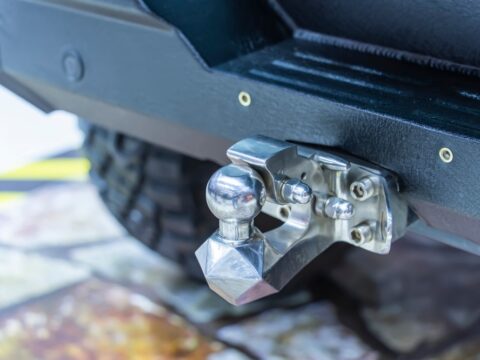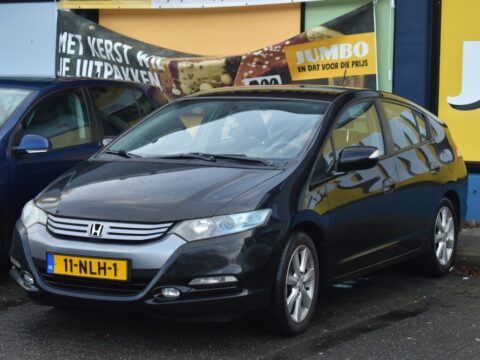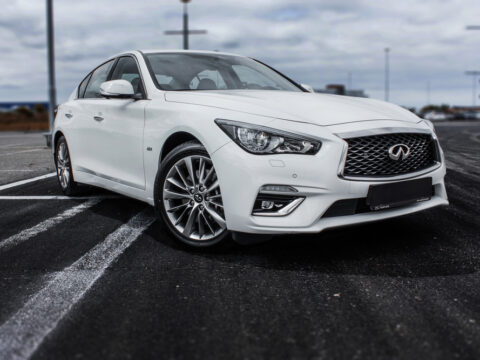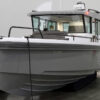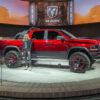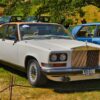In the ever-evolving world of automobiles, some car brands come and go without leaving a lasting impression. In this article, we’ll take a nostalgic look at 25 discontinued car brands that you probably won’t remember. These brands may have faded into obscurity, but each had its moment on the roads before quietly disappearing. Join us as we explore these forgotten names in automotive history.
Contents
Saturn
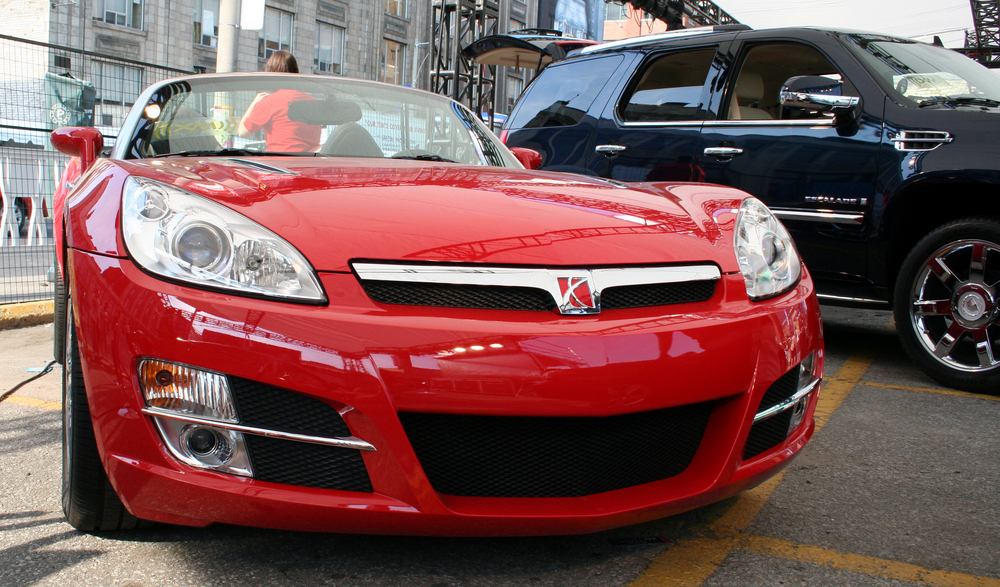
Saturn was a General Motors brand introduced in 1985 to compete with Japanese imports. Known for its “no-haggle” sales policy and plastic body panels, Saturn struggled with brand identity and market position. Despite innovative concepts, the brand couldn’t sustain profitability and was discontinued in 2010.
Pontiac
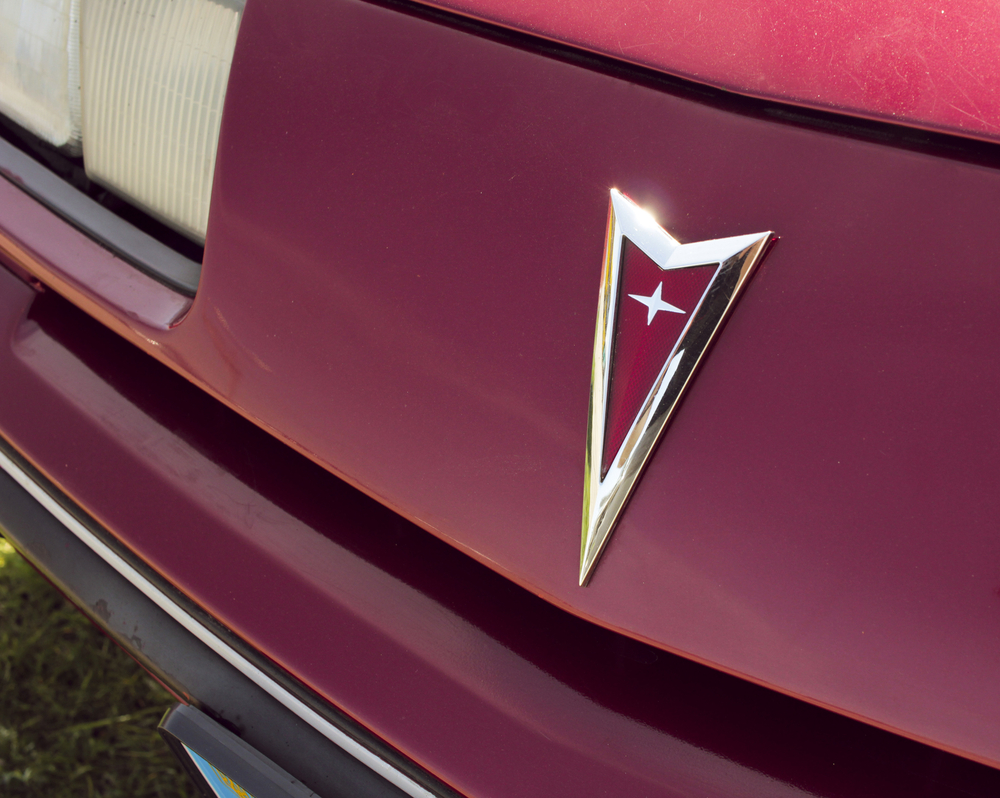
Pontiac was a staple of American muscle cars, known for models like the GTO and Firebird. Founded in 1926, it aimed at performance-oriented drivers. However, by 2010, GM decided to phase out Pontiac due to declining sales and the need to streamline operations during its bankruptcy restructuring.
Oldsmobile
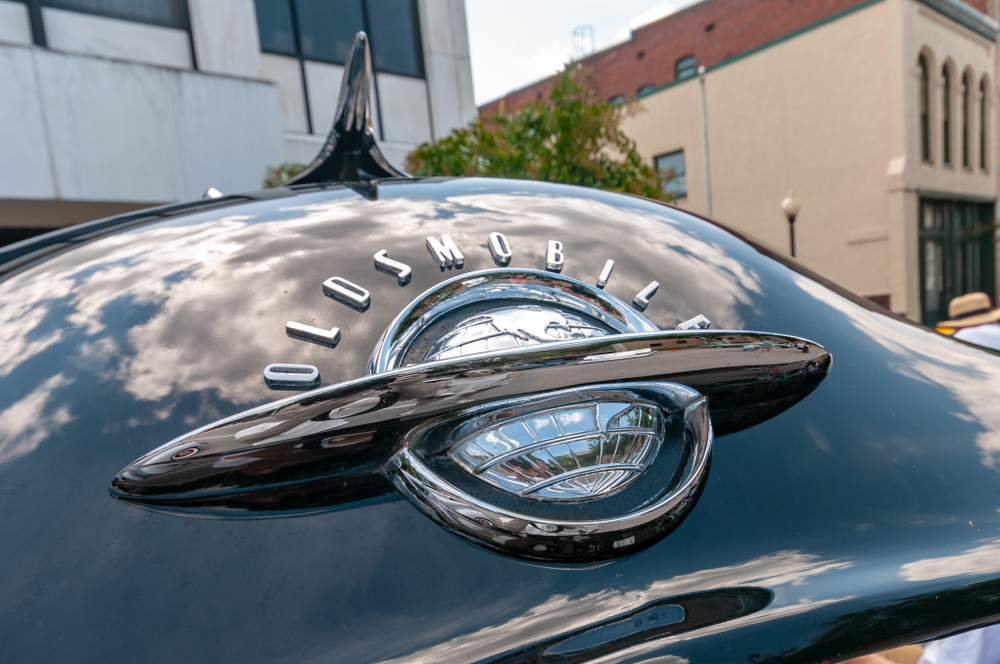
Oldsmobile, one of America’s oldest car brands, was established in 1897. It was known for pioneering innovations like the automatic transmission. Despite its storied history, Oldsmobile couldn’t keep up with market trends and was discontinued by GM in 2004 due to declining sales and brand relevance.
Mercury
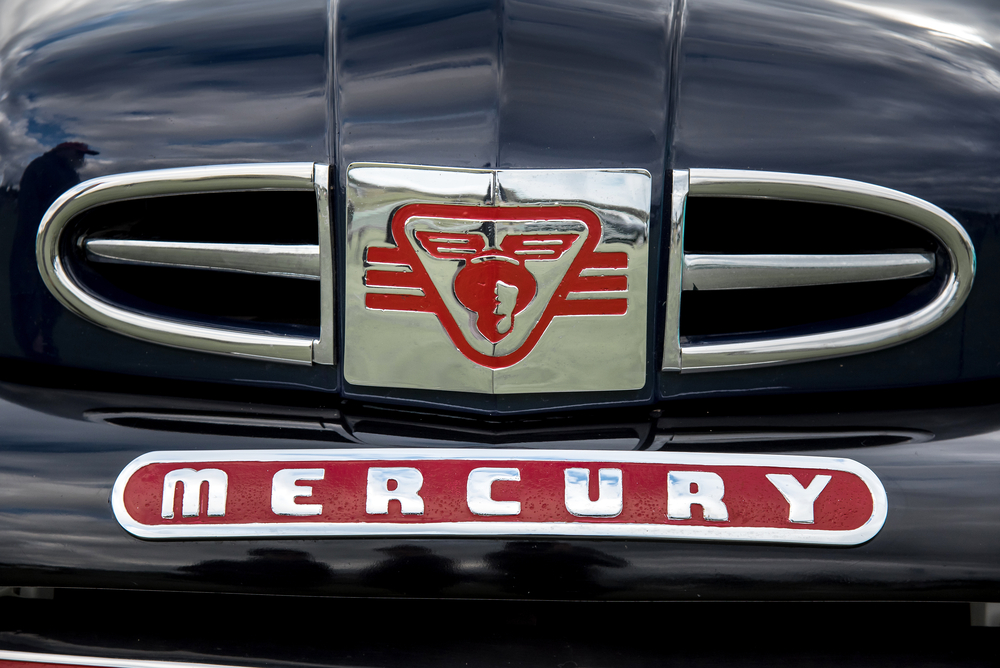
Mercury, a division of Ford, was created in 1938 to bridge the gap between the Ford and Lincoln brands. Known for stylish yet affordable cars, Mercury’s identity became increasingly blurred, leading to its decline. Ford discontinued the brand in 2010 to focus on its core brands.
Plymouth
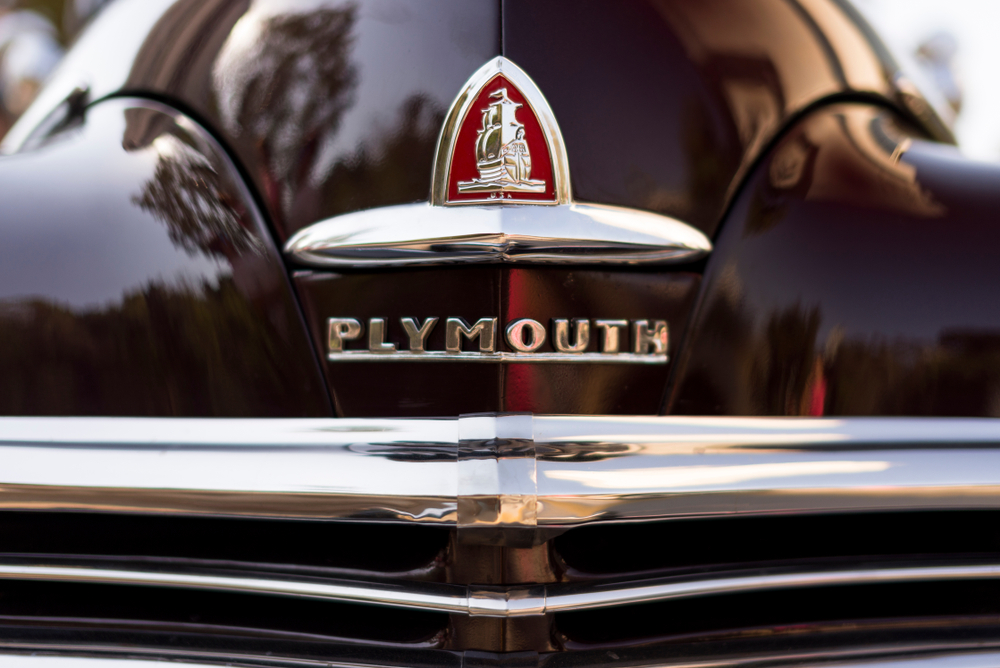
Plymouth was Chrysler’s budget-friendly brand, launched in 1928. It was known for models like the Fury and Barracuda. Over time, overlapping product lines and declining sales led Chrysler to phase out Plymouth in 2001 to concentrate on more profitable brands.
Eagle
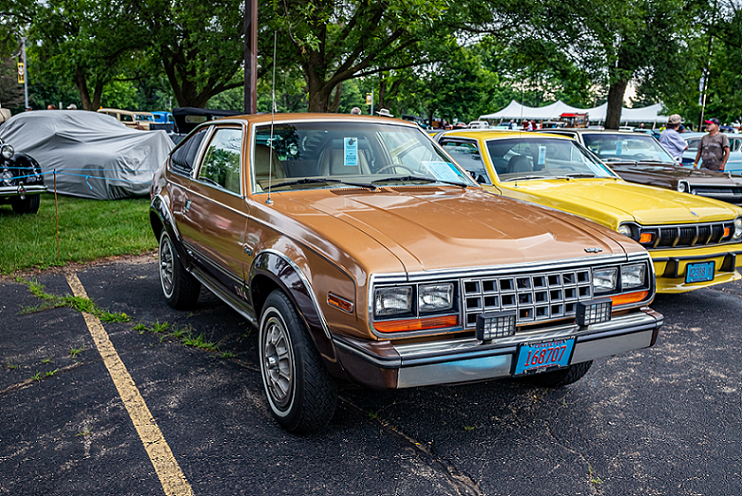
Eagle, a brand under Chrysler, was introduced in 1988 after Chrysler acquired AMC. Targeted at performance and import car enthusiasts, Eagle struggled with brand identity and market penetration. It was discontinued in 1998 due to poor sales and lack of consumer interest.
Geo
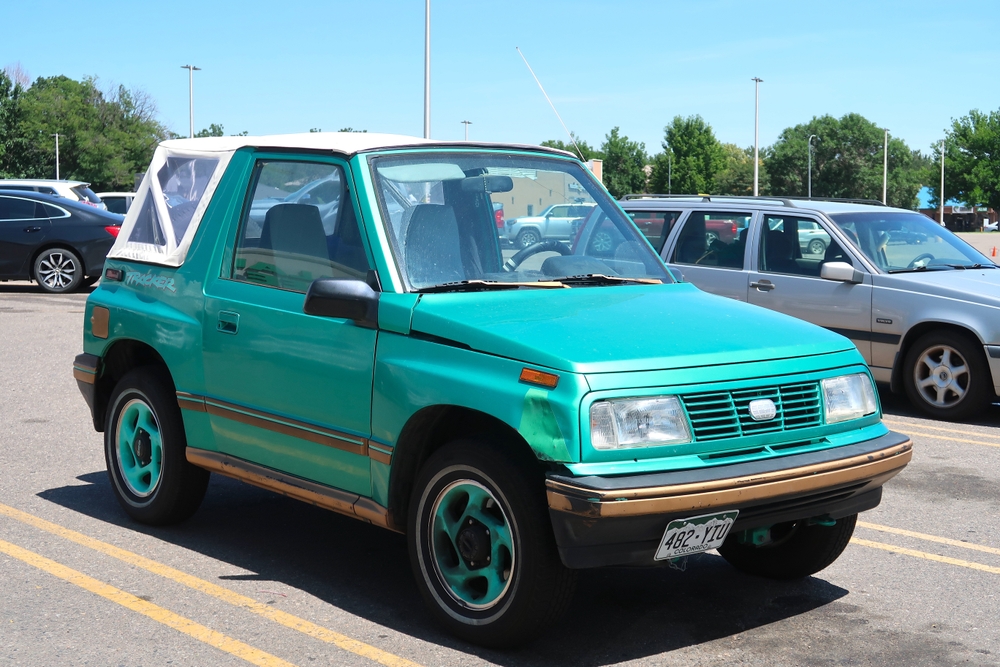
Geo was a GM marque from 1989 to 1997, designed to offer affordable, fuel-efficient cars. Models like the Metro and Tracker were popular for their economy. However, the brand was absorbed back into Chevrolet, and the Geo name was phased out as GM restructured its brand portfolio.
Hummer
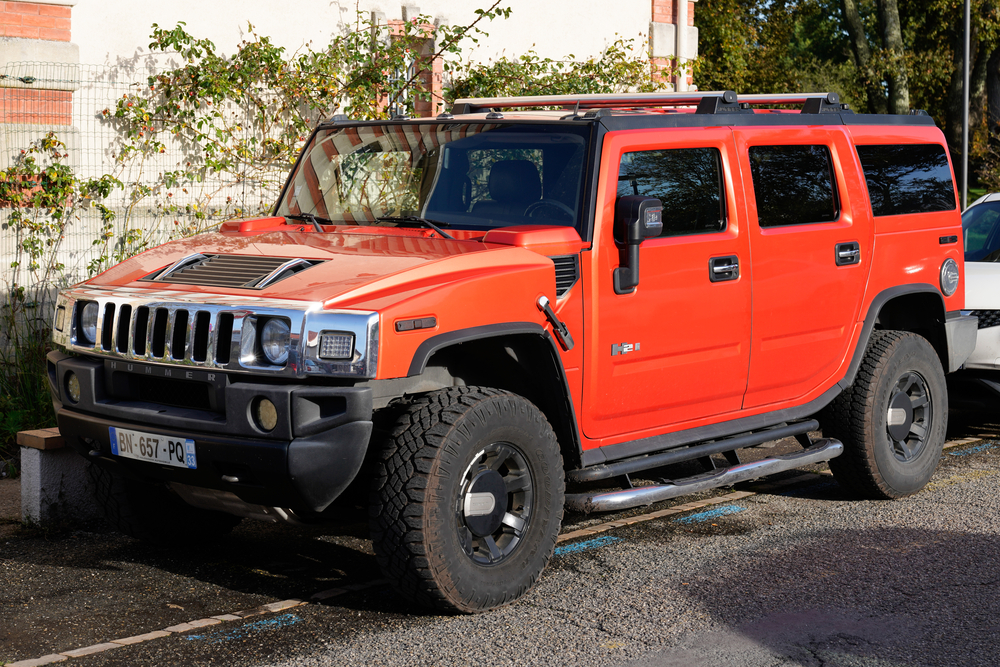
Hummer, famous for its military-inspired SUVs like the H1, H2, and H3, was launched in 1992. Known for ruggedness and off-road capabilities, Hummer faced criticism for poor fuel efficiency. GM discontinued the brand in 2010 amid rising fuel prices and a shift towards more environmentally friendly vehicles.
Saab
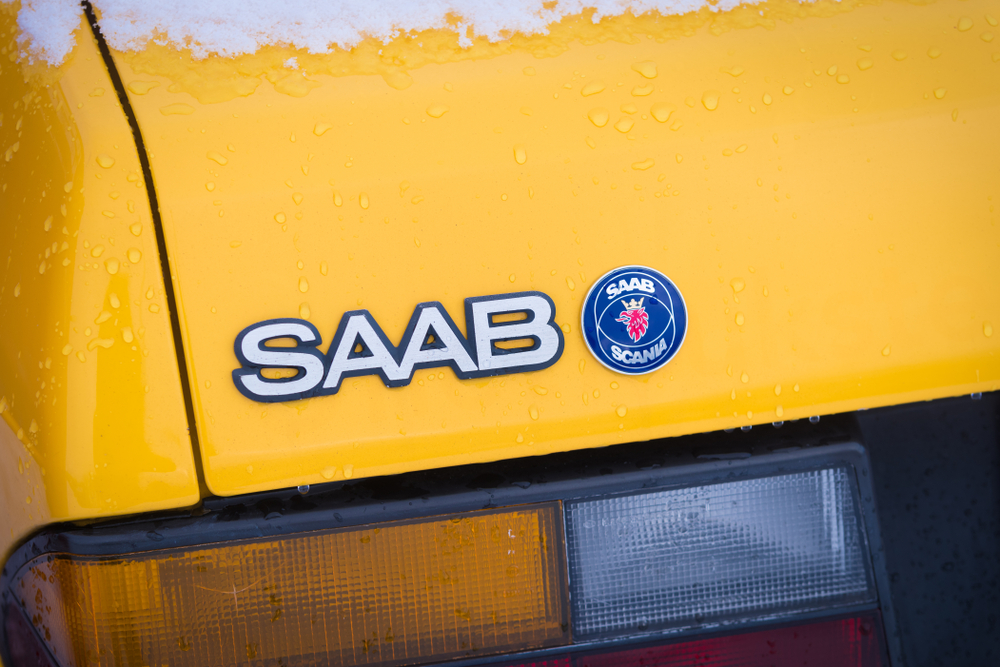
Saab, originally an aircraft manufacturer, began producing cars in 1949. Known for its quirky designs and turbocharged engines, Saab struggled with financial stability. GM’s partial ownership couldn’t save it, and Saab declared bankruptcy in 2011, ending its unique automotive contributions.
Scion
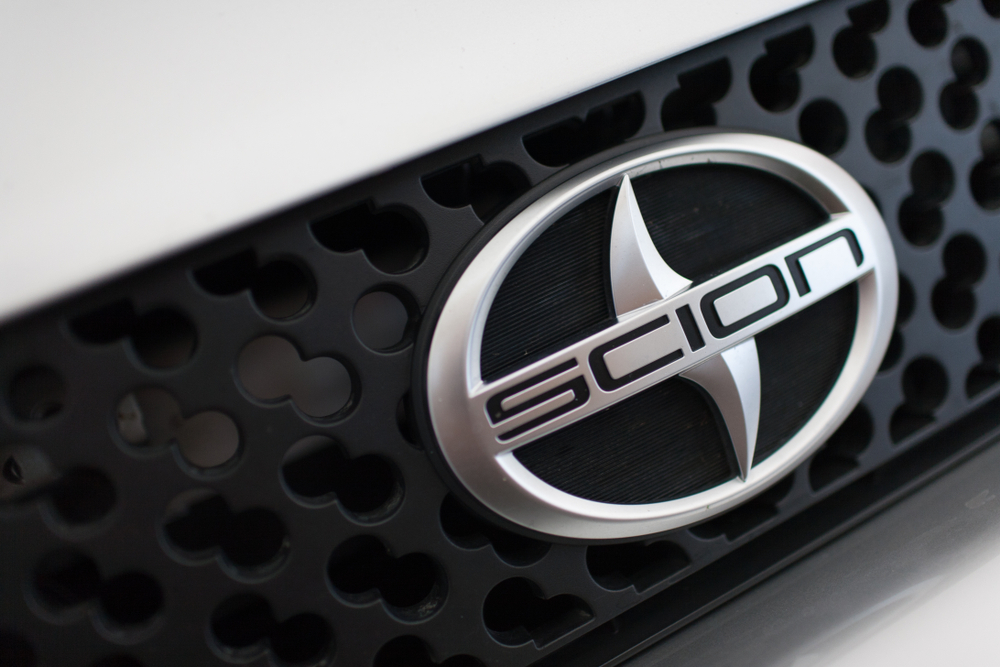
Scion, a Toyota sub-brand, was launched in 2003 to attract younger buyers with affordable, customizable cars like the xB and tC. Despite early success, Scion couldn’t maintain momentum and Toyota decided to discontinue the brand in 2016, integrating its models into the main Toyota lineup.
Yugo
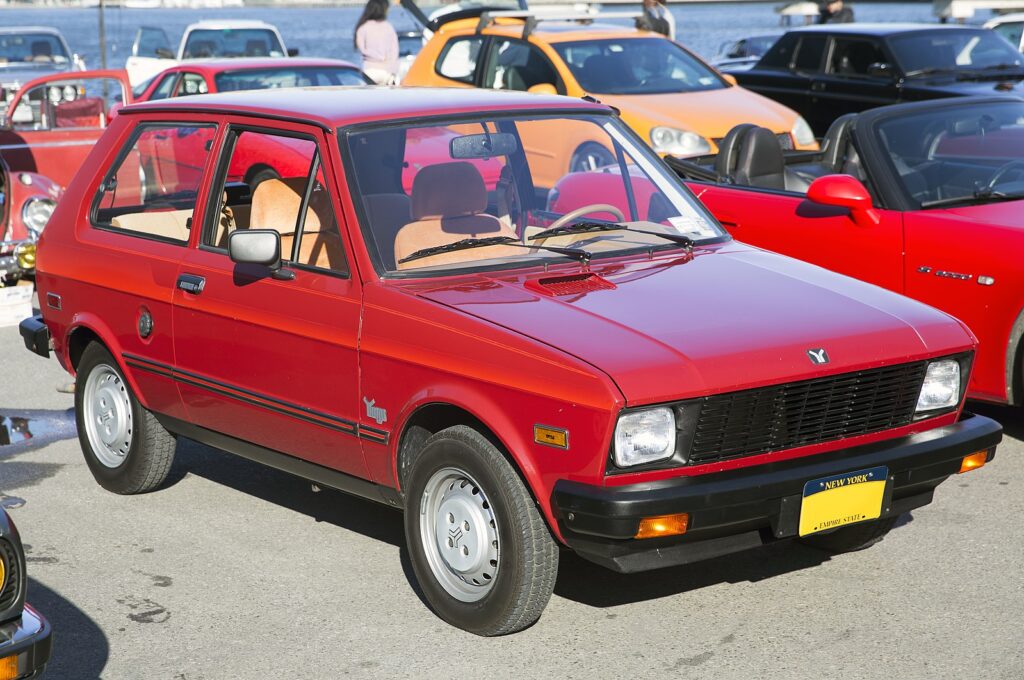
Yugo, a Yugoslavian import, gained notoriety in the U.S. during the 1980s for its affordability. However, it was also criticized for poor build quality and reliability issues. The combination of negative press and geopolitical turmoil led to its withdrawal from the market in 1992.
Daewoo
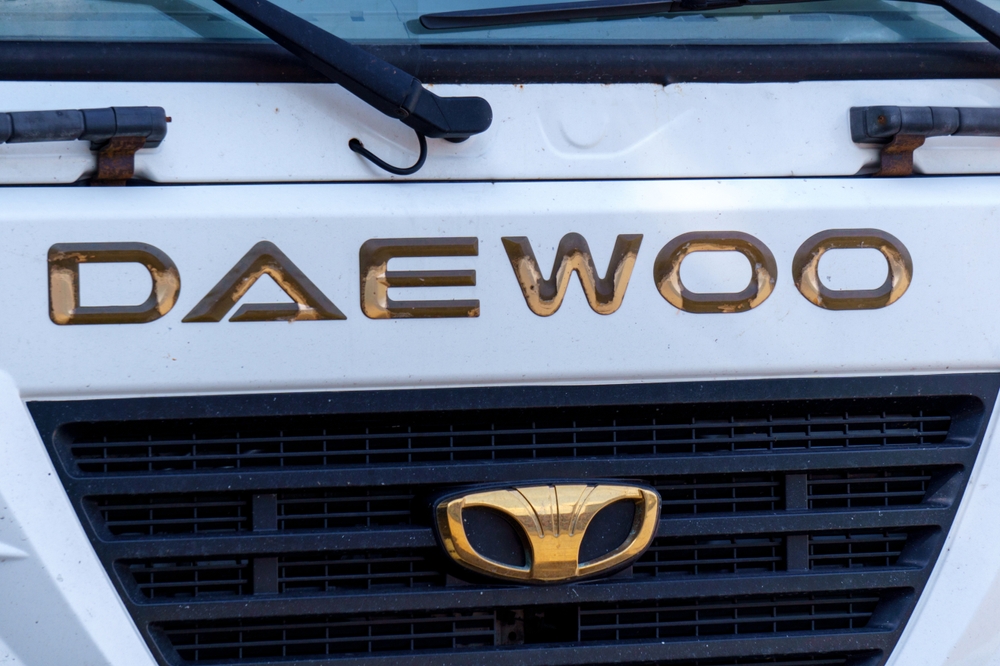
Daewoo, a South Korean brand, entered the U.S. market in the late 1990s with budget-friendly models. Despite initial interest, Daewoo couldn’t compete with established brands and faced financial troubles. GM acquired Daewoo’s assets in 2001, rebranding them under Chevrolet.
AMC (American Motors Corporation)
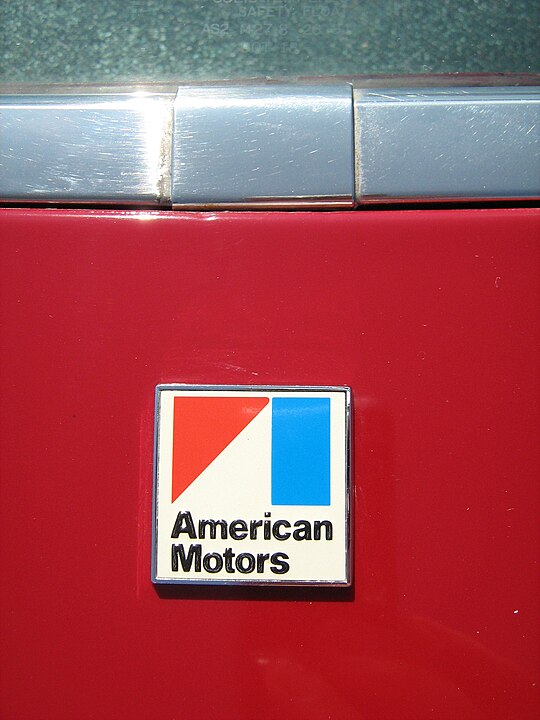
AMC, formed in 1954 through the merger of Nash-Kelvinator and Hudson, was known for innovative cars like the Rambler and the AMC Pacer. Despite its creativity, AMC couldn’t compete with larger automakers and was acquired by Chrysler in 1987, effectively ending the brand.
Hudson
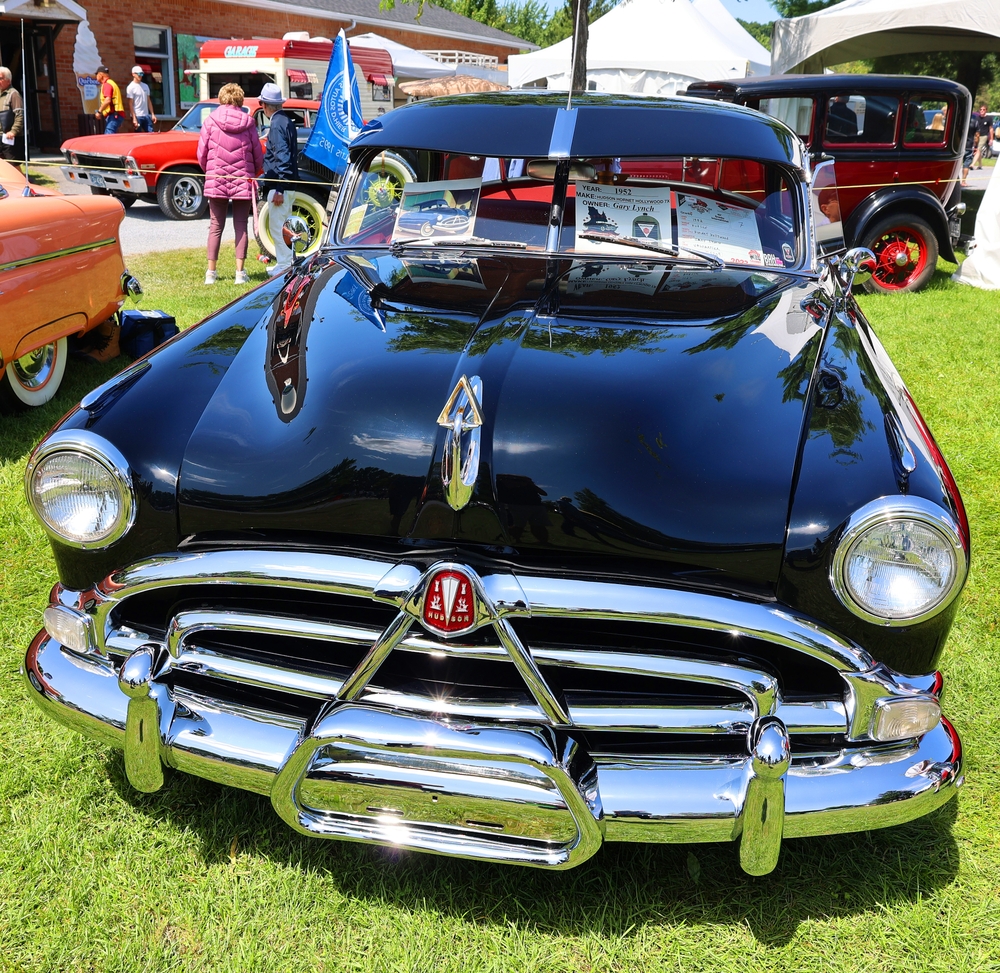
Hudson, established in 1909, was famous for its “step-down” design and performance models like the Hudson Hornet. Merged into AMC in 1954, Hudson’s legacy faded as AMC shifted focus to its own models, leading to the end of Hudson-branded cars.
Packard
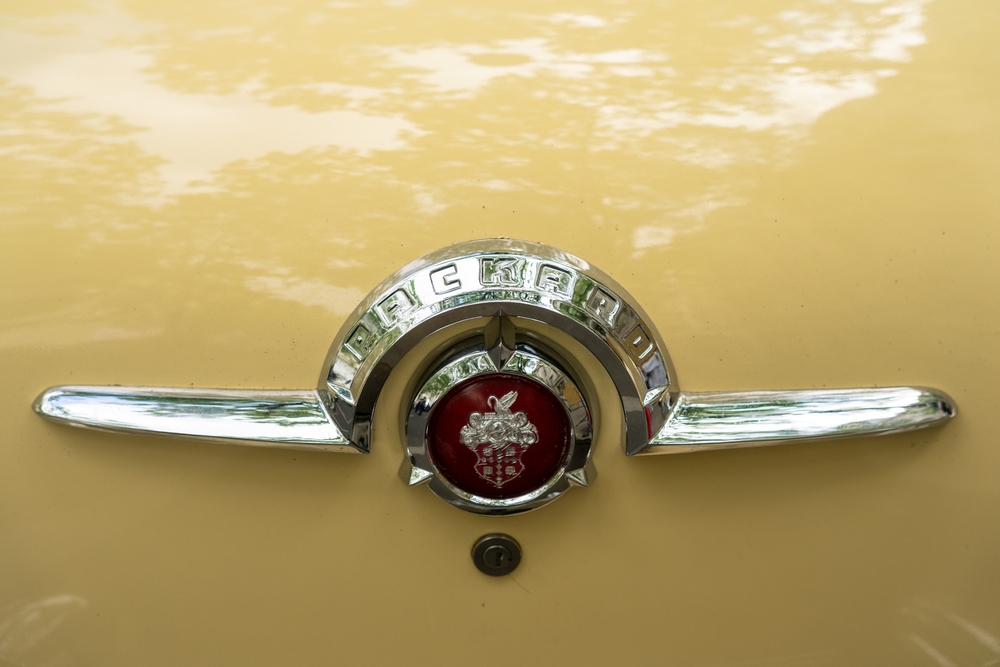
Packard, a luxury car brand founded in 1899, was synonymous with American elegance and engineering excellence. Post-WWII struggles and a failed merger with Studebaker led to its decline, and the last Packard was produced in 1958, marking the end of an era.
Studebaker
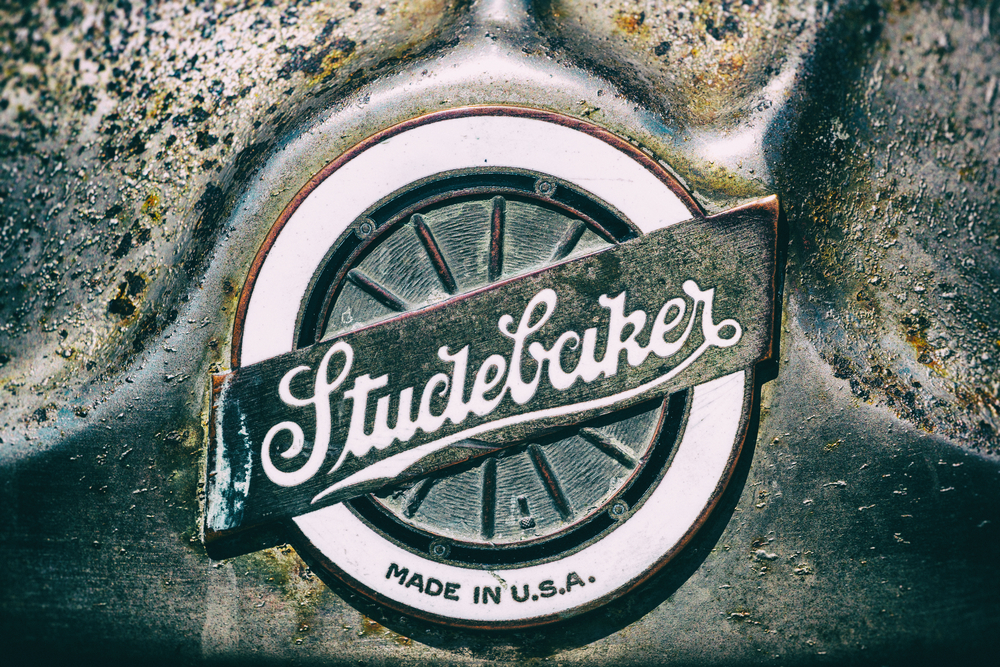
Studebaker, dating back to the 1850s as a wagon maker, transitioned to cars in the early 20th century. Known for innovative designs, Studebaker couldn’t sustain profitability in the competitive auto market. Production ceased in 1966 after years of financial difficulties.
Edsel
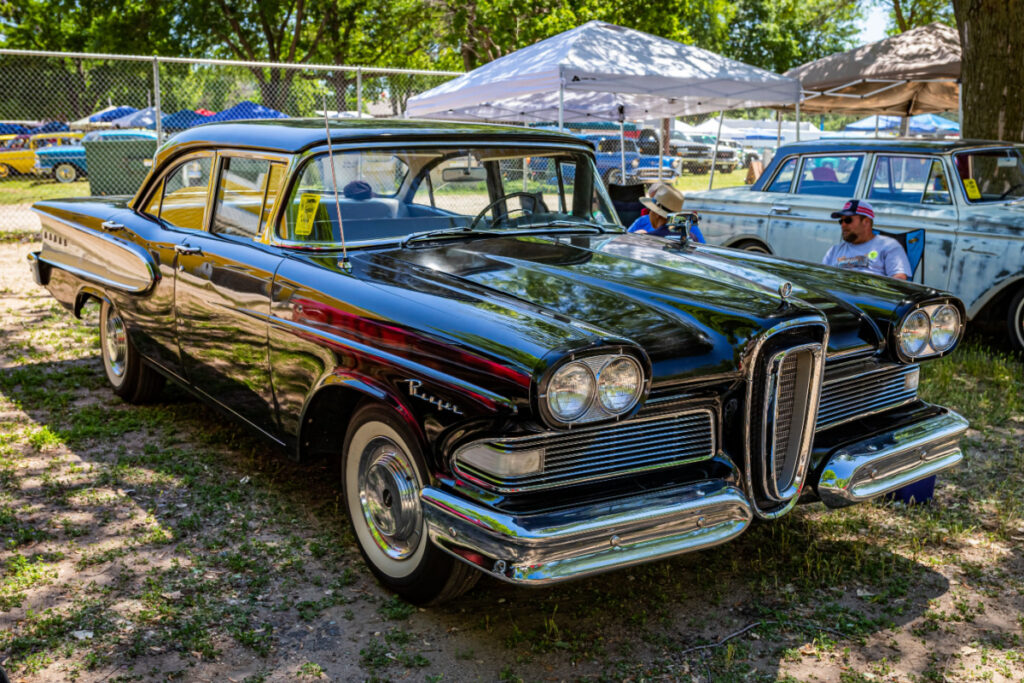
Edsel, launched by Ford in 1958, aimed to fill the gap between Ford and Mercury. Despite significant marketing, the brand flopped due to poor reception of its design and reliability issues. Ford discontinued Edsel in 1960 after just three model years.
Nash
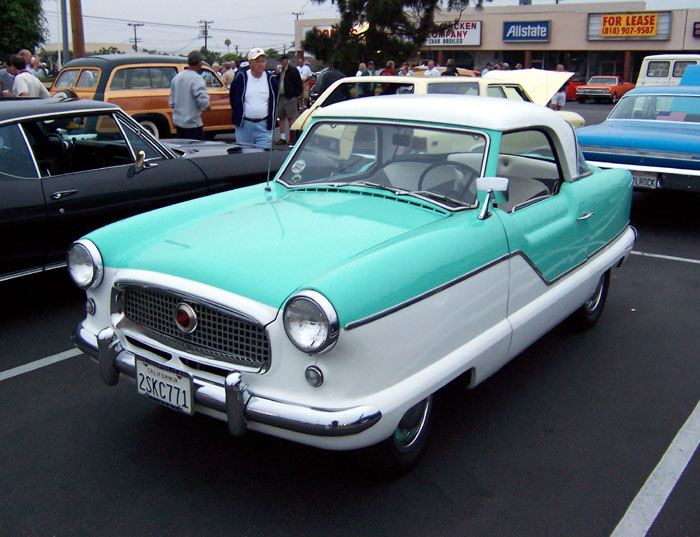
Nash, a pioneer in automotive innovation, introduced the first mass-produced unibody car. After merging with Hudson to form AMC in 1954, Nash-branded cars were phased out as AMC focused on consolidating its model lineup under one brand.
DeSoto
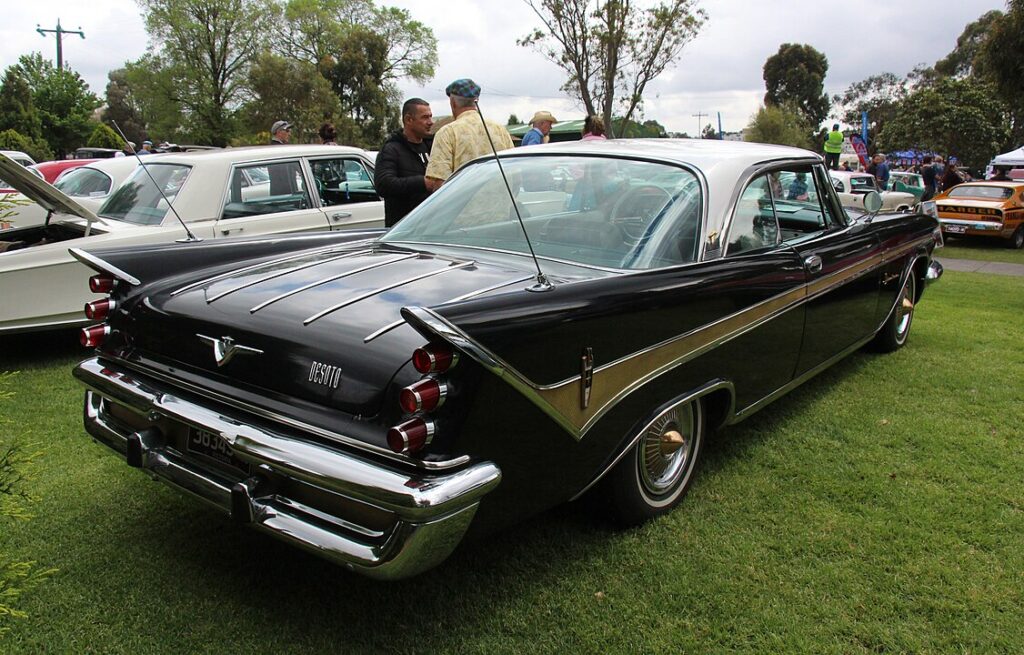
DeSoto, a Chrysler brand established in 1928, was intended to offer mid-priced cars. Known for its distinctive design and performance, DeSoto couldn’t keep pace with changing consumer preferences. Chrysler discontinued the brand in 1961 due to declining sales.
Triumph
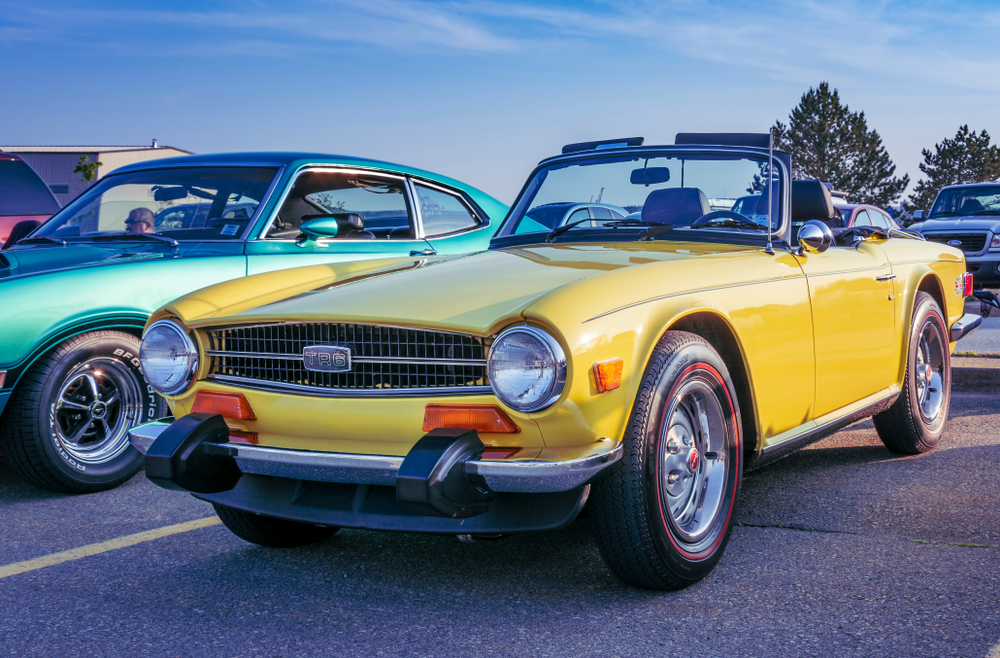
Triumph, a British marque, was renowned for sporty, stylish cars like the TR series. Despite its popularity among enthusiasts, financial troubles and quality issues plagued the brand. Triumph ceased production in 1984 after being absorbed into British Leyland.
Austin
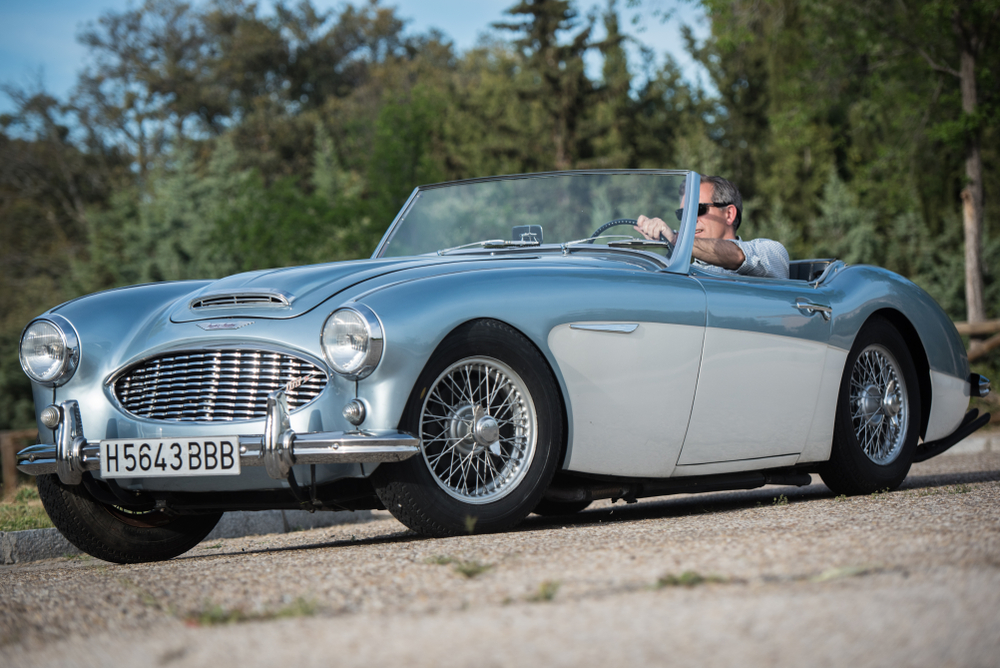
Austin, a key player in the British automotive industry, was known for cars like the Austin Seven and Mini. After merging with Morris to form BMC, and later becoming part of British Leyland, the Austin name was phased out in the 1980s due to corporate restructuring.
Rover
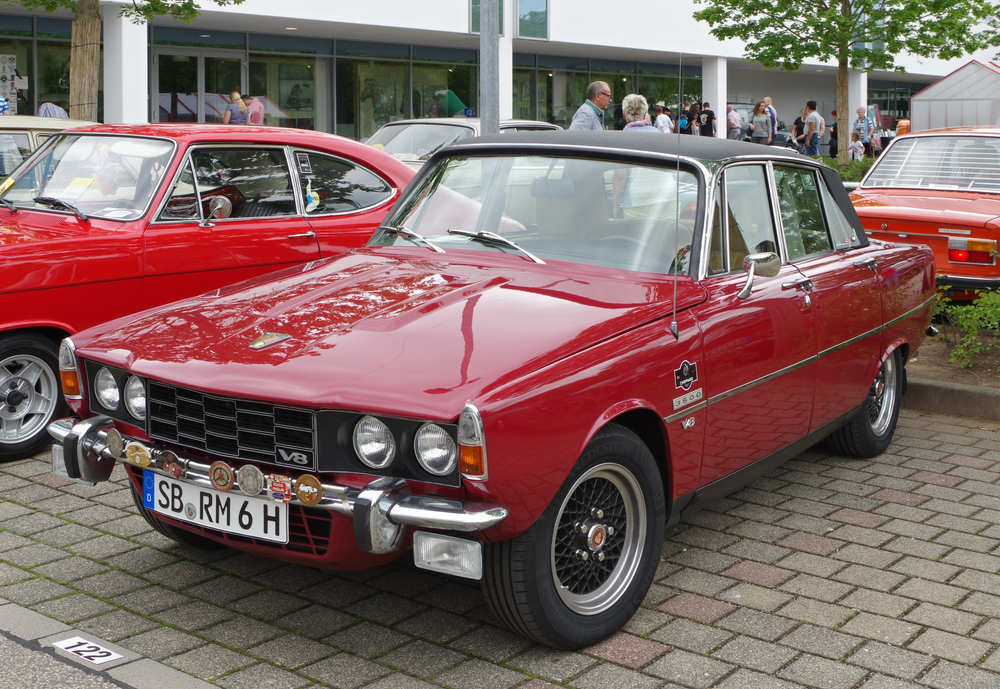
Rover, a prestigious British brand, was known for models like the Rover P5 and Range Rover. Financial instability and a series of ownership changes led to its decline. Production ended in 2005 when MG Rover Group collapsed, marking the end of the Rover name.
Talbot
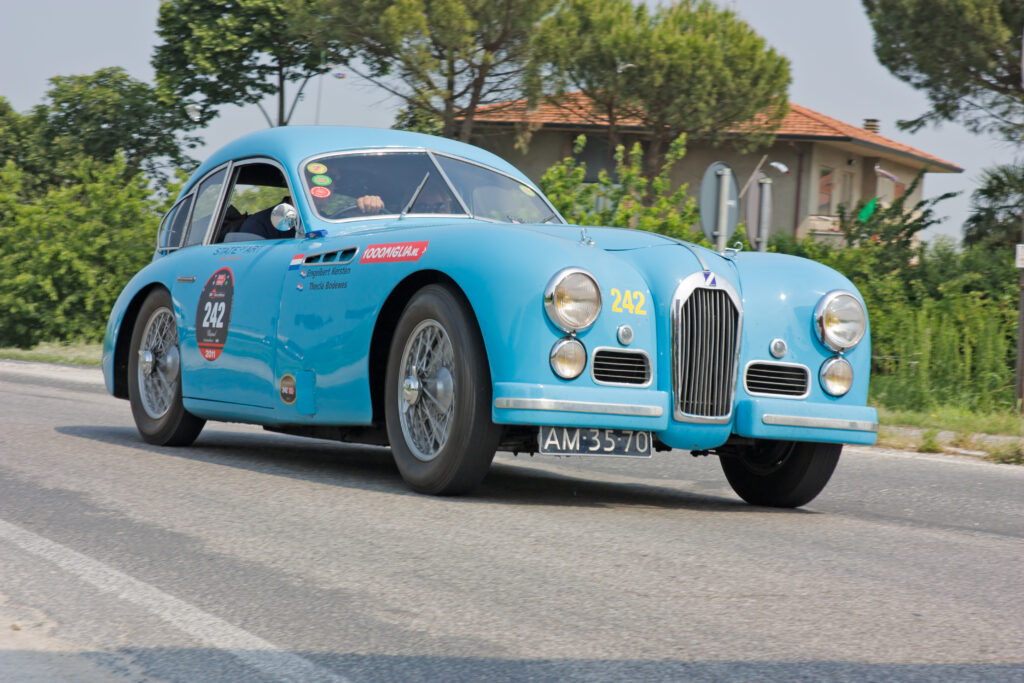
Talbot, a European brand with a history dating back to the early 20th century, was revived by Peugeot in the 1970s. Despite some success, Talbot couldn’t establish a strong market presence, and Peugeot discontinued the brand in the mid-1980s due to low sales.
Sunbeam
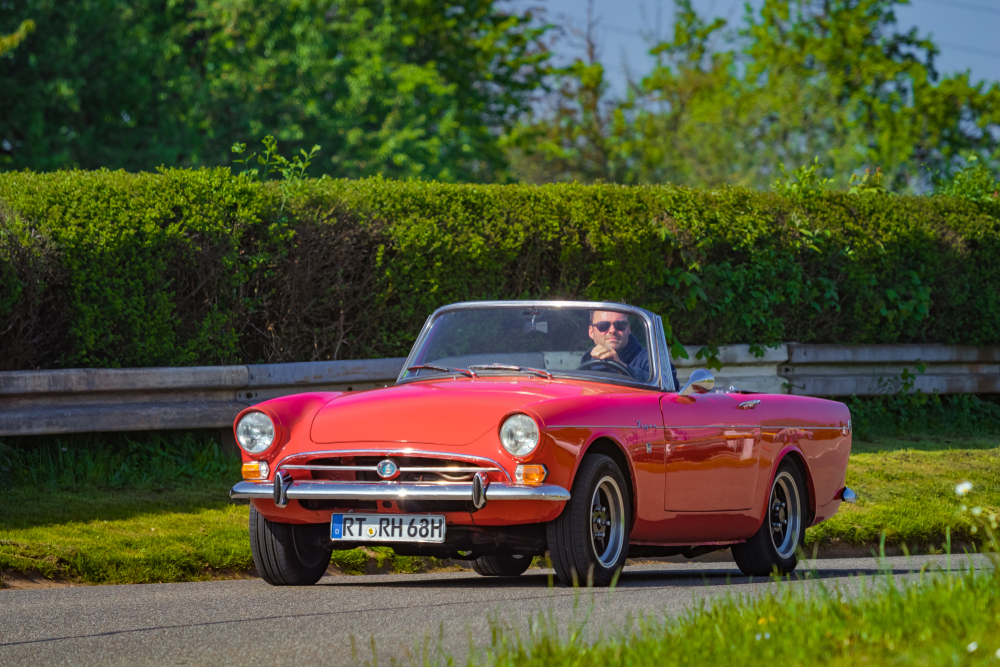
Sunbeam, a British manufacturer, produced notable models like the Sunbeam Tiger. Financial difficulties and ownership changes plagued the brand. It was ultimately absorbed into Chrysler Europe, and the Sunbeam name disappeared by the late 1970s.
Simca
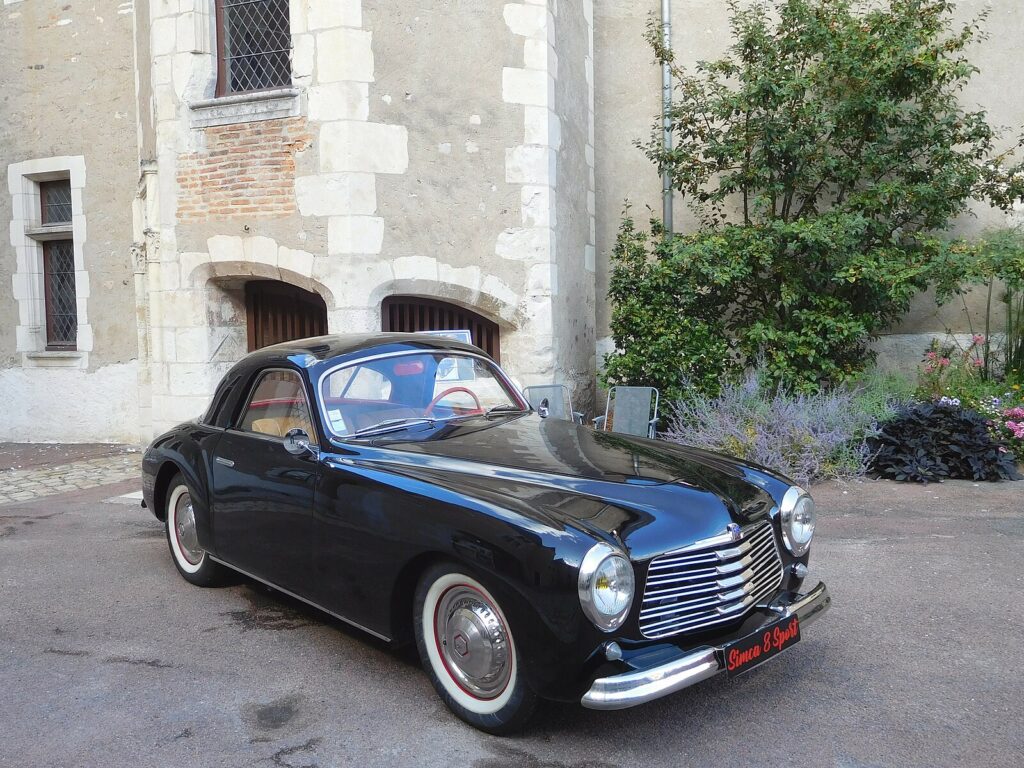
Simca, a French automaker, gained popularity for its compact and affordable cars. Acquired by Chrysler in the 1960s, Simca was later sold to Peugeot. The brand was phased out in the early 1980s as part of Peugeot’s strategy to streamline its model lineup.
This article originally appeared in MyCarMakesNoise.
More from MyCarMakesNoise
Toyota’s Top 20 Reliable Cars That Stand the Test of Time
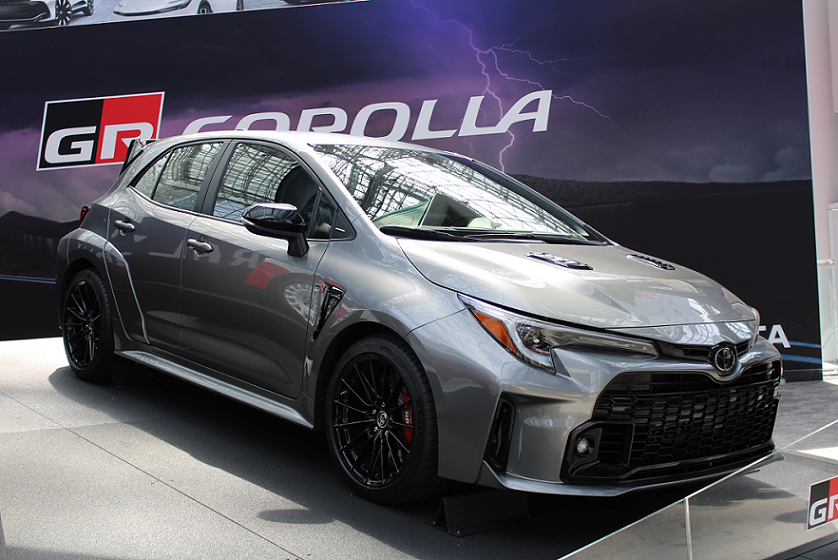
When it comes to reliability and durability, some things are built to stand the test of time. Whether it’s a well-crafted product, a lasting relationship, or a trusted brand, true quality endures. Read More.
15 BMW M Series Cars That Dominate Both Track and Road
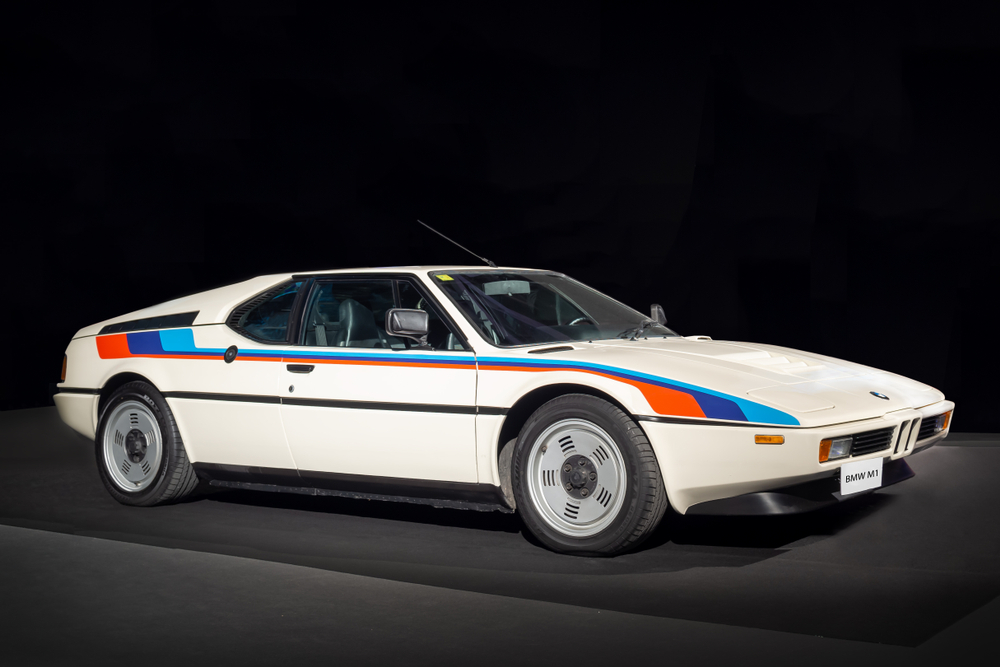
When it comes to performance and precision, BMW’s M Series cars have always been at the forefront, delivering an exhilarating driving experience both on the track and the open road. Read More.
16 Hidden Costs of Electric Cars That Could Drain Your Wallet

Owning an electric car comes with many benefits, from reduced fuel costs to a smaller carbon footprint. However, several unexpected expenses can catch new EV owners off guard. Read More.

